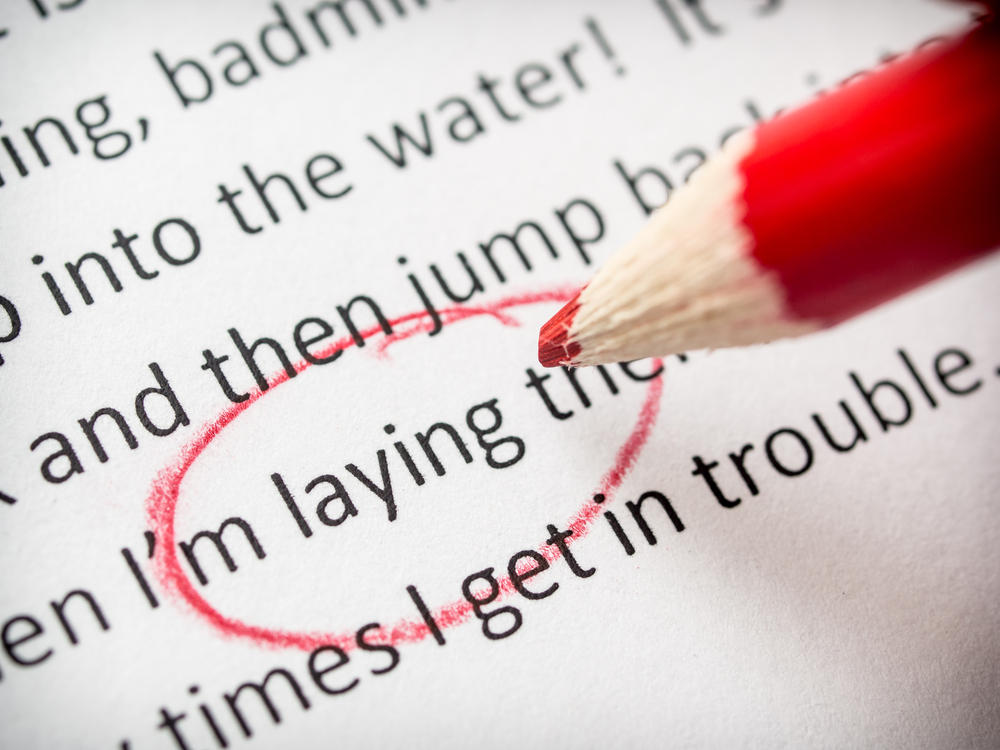
Emily Dickinson once expressed poetically “Tell all the truth but tell it slant.” But some truths are too important to leave unsaid. Some truths can change lives. Some truths can save our children’s education. So here’s nothing but the truth to our teachers. Here it is: unedited, uncut, unrevised. Are you ready?
There are problems in our marking that need to change. Our teachers, the very pillars of our next generation, don’t have confidence in their own judgement of student essays. We’re not alone in thinking this – in Ofqual’s 2013 ‘Review of Quality of Marking in Exams in A levels, GCSEs and Other Academic Qualifications‘, it was mentioned that “a significant (and growing) minority of teachers and head teachers tell us that they do not believe that marking has been good enough in recent years, especially in GCSEs.”
We’re in troubling times indeed.
So what are some contributors to marking inaccuracy?
-
Biases:
There are a number of biases that interfere with teachers ability to mark objectively. It’s not an uncommon occurrence for teachers to mark students down due to poor handwriting, or even a simple dislike for particular students.
A study by Simon Burgess and Ellen Greaves in 2009 titled ‘Test Scores, Subjective Assessment and Stereotyping of Ethnic Minorities’ showed that Black Caribbean and Black African pupils were under-assessed, while Indian and Chinese pupils were over-assessed.
As Burgess and Greaves suggest, when we harbour stereotypes about ethnic groups and their standard performance in our mind, this impacts on how we perceive them and subsequently how we mark essays.
-
No baseline:
Here’s what it really boils down to: many teachers haven’t been coached on the fundamental principles of marking. If we can’t expect every teacher to be on the same page, then we’re facing a serious problem which no amount of moderation can solve. Student papers can’t be marked according to arbitrary rules.
Phil Beadle, a literacy consultant, English teacher and trainer, says “I see a lot of teachers who don’t have the first idea of base principles. Marking is an intrinsic part of an [English] teacher’s job and you must find a way to enjoy it.”

-
Vague criteria
Often times we as teachers are forced to make a judgement according to our cognitive understanding. If I asked two students what their idea of great weekend is, I’d probably get two completely different responses. One might say, “reading some Jane Austen and sipping a good cuppa,” while the other fancies hanging out with their mates. What we don’t realise is that teacher judgement (human judgement) is exactly the same. Therefore, when we leave ambiguous mark schemes in teacher’s hands, we can expect inconclusive results. (No naming and shaming exam boards!)
According to Ofqual’s report, ‘Good marking is the cornerstone of good exam system’ on a micro level. On a macro level, terrible grading reflects on our students’ overall performance in life. Why are we complacent with this? Even our very esteemed Daisy Christodolou tells us, “if you’re worried about the accuracy of your marking, you’re probably right to be.” Ofqual continue in their report ‘preliminary grades and marks are increasingly contested.’ The question remains, how can we expect to be in agreement when there is simply no baseline to work from? This is getting to be a huge problem. We need to convene.
So what can we do?
What are the solutions to our problems with marking?
-
Tighten up definitions
We need to lose the ambiguity in our criteria. Even within schools we can settle on precise and accurate definitions in order to provide teachers, especially NQTS, with a framework to work within.
-
Have more indicative content
Some mark schemes are well-known for having a dearth of content. Therefore in order to avoid the problem of guesswork in marking, it’s necessary to have sufficient indicative content to mark by.
-
Create a universal baseline
The ultimate tool for any teacher would be having a standard to check any essay against the benchmark. The holy grail of teaching, prepared to make your life easier!
-
Tech can be used to augment bias
Solving the problem of bias isn’t that tricky either, it appears, for AI is on our side here.
San Francisco-based Entelo uses AI in its Unbiased Sourcing Mode, a tool that anonymizes job candidates. The tool redacts names, photos, gender, schools, graduation dates and other information that may lead to a preference for or against a candidate.
What this shows is that Artificial Intelligence has no embedded bias unlike humans can do. Progressay can ensure that essays are not marked according to a bag of stereotypes, but a bag of words.
In order to level the playing field, technology is increasingly appearing to look like a tool that will solve our biggest problems as teachers. For more on why helping our teachers is important for us all, click here. The only thing at the end of the line is our children’s futures. How far are you willing to go?
